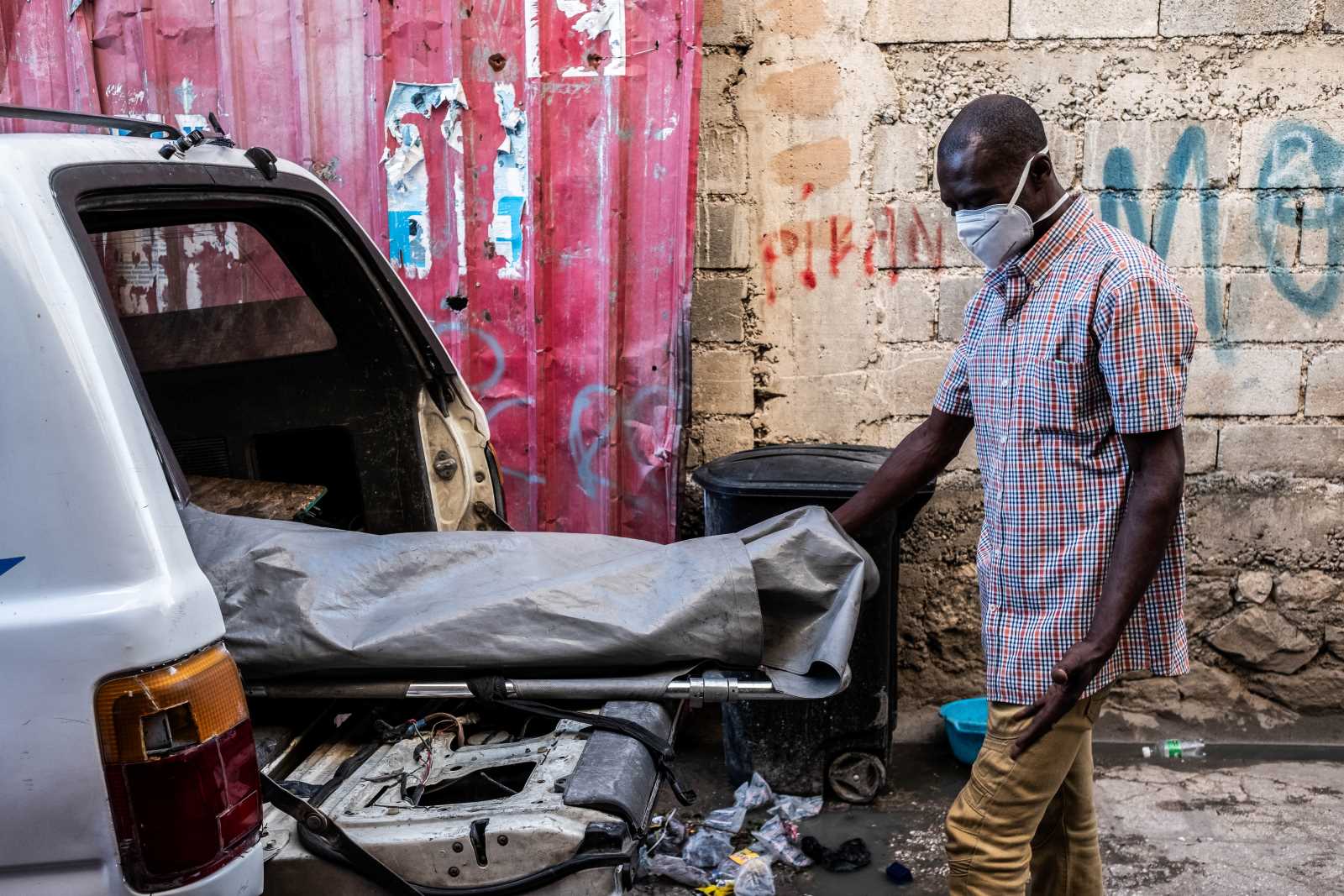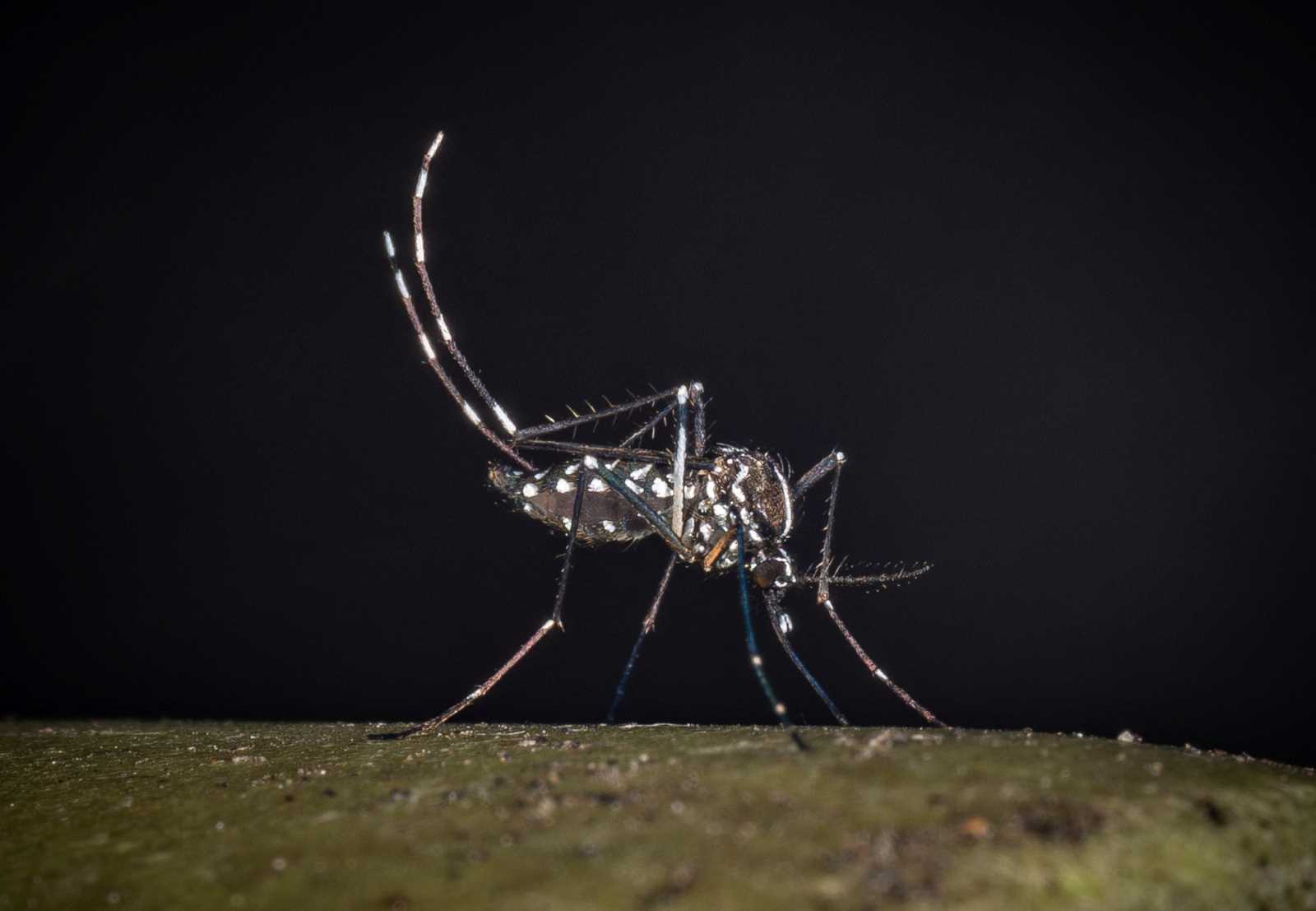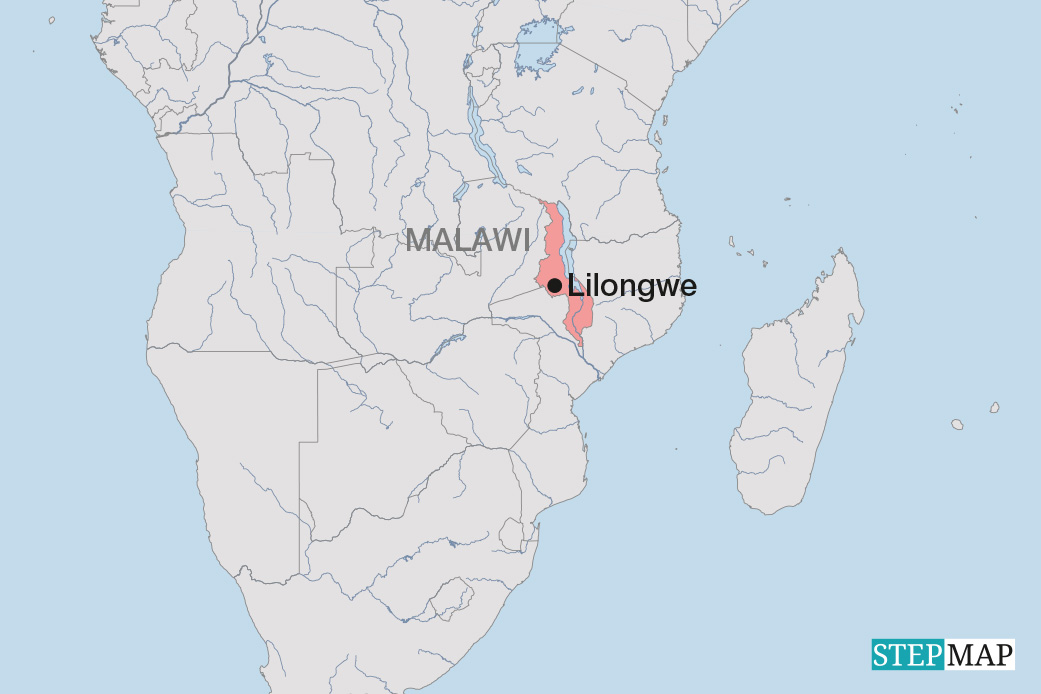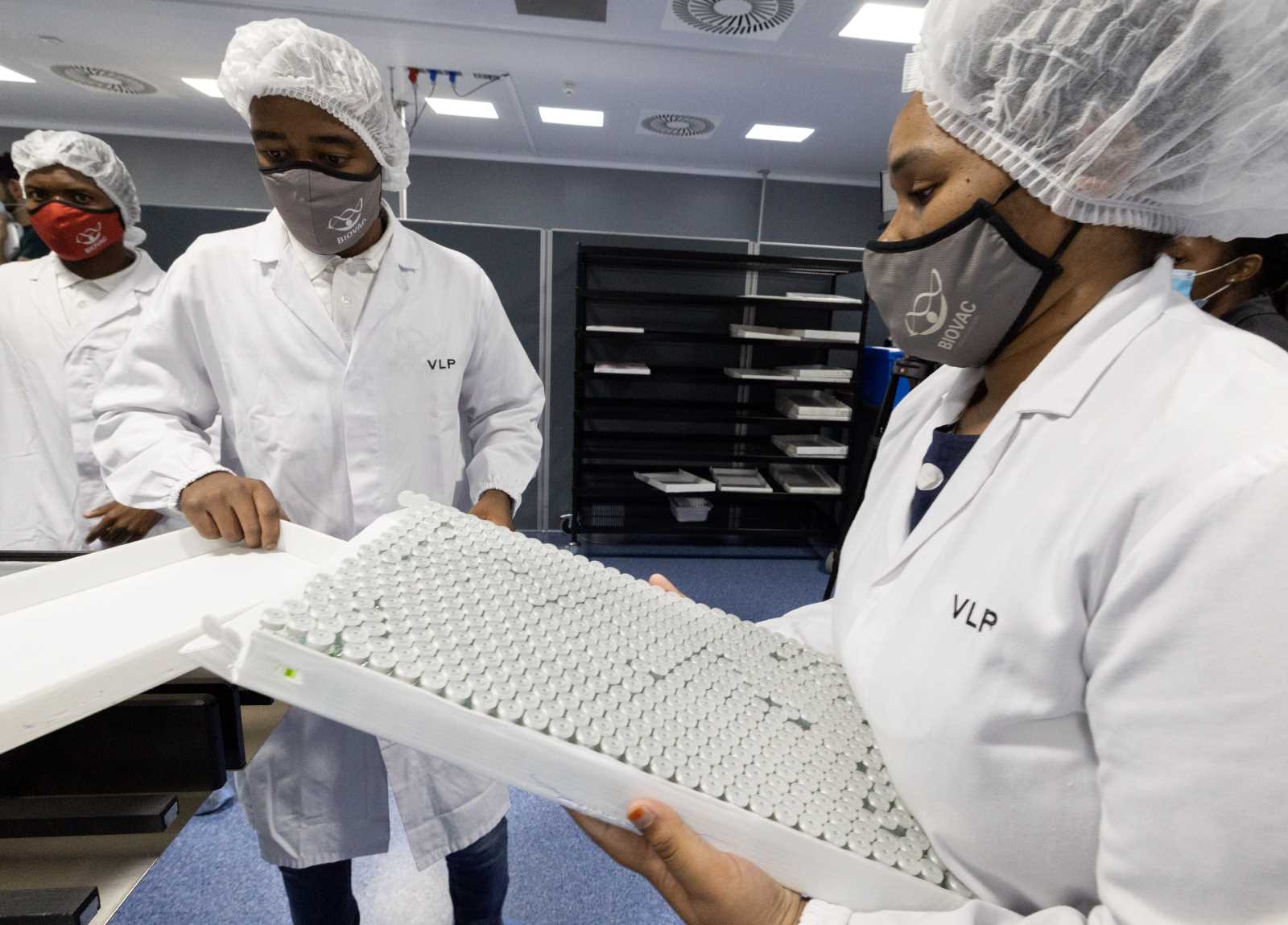Neglected tropical diseases
Overshadowed by the “Big Three”
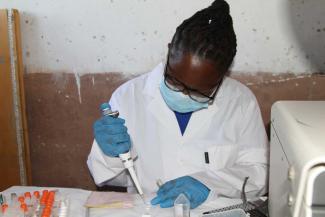
Global healthcare is characterised by severe inequality. This is true with regard to both noncommunicable and infectious diseases. There are many reasons for this skew. An important one is the fact that commercial medical research is oriented towards achieving high profits rather than meeting people’s actual health needs.
The resulting research gaps are therefore especially evident when it comes to diseases of poverty like neglected tropical diseases (NTDs). Traditionally there has only been limited interest in them in the global north. NTDs occur primarily in Latin America, Asia and Africa. However, climate change and globalisation are increasingly forcing political actors and populations in industrialised countries to pay greater attention.
NTDs are multifaceted
NTDs usually affect poor people in rural regions; women and children are especially at risk. They are often chronic illnesses that are almost always caused by infections. They frequently occur in parallel, meaning that patients suffer from co-infections.
The World Health Organization (WHO) maintains a priority list for NTDs that currently has 21 entries. They include more well-known illnesses like leprosy and scabies, as well as many that receive less attention, like yaws (endemic treponematoses) and mycetoma. It would be wrong, however, to assume that these diseases are unimportant: most Germans may never have heard of or read about trachoma, but it is the leading infectious cause of blindness worldwide.
In addition to bacteria and viruses, various worms, protozoans, ectoparasites and fungi can play a role in specific NTDs. Infection cycles are sometimes complex and can include wild or domesticated animals in addition to humans. For example, schistosomiasis, a parasitic worm infection, relies on freshwater snails as an intermediate host. Like many NTDs, schistosomiasis is a zoonosis. Zoonotic diseases can be spread from animals to humans or the other way around.
Poisonings from snake bites represent a special case from a variety of perspectives. The reptile – for example, an Indian cobra or a carpet viper – transmits toxins directly, but victims are not contagious.
Connection between NTDs, poverty and gender
NTDs occur worldwide, but there are significant regional differences. Whereas dracunculiasis, which is caused by Guinea worms, is only found in humans in a handful of countries, leprosy still occurs in over 120 countries according to the WHO. According to WHO data, however, just 16 countries bear the burden of 80 % of all NTDs, including Egypt, Tanzania and the Philippines. Generally speaking, poor data often make it difficult to get an overview and hamper targeted countermeasures.
What all neglected tropical diseases have in common is a close connection to poverty and its complex effects. Poor access to clean drinking water and adequate sanitation infrastructure plays an important role. Since girls and women typically perform water-related activities like water transport, washing and cooking in many societies, gender has a direct impact on infection risk. Gender roles have another important consequence: worldwide, girls and women are primarily responsible for caring for children and sick people, which also makes them more likely to contract an NTD.
Noma is a particularly dramatic example of the impact of extreme poverty. This bacterial infection usually develops quickly and destructively in the faces of small children. It is caused by malnourishment, hygiene problems and prior illnesses such as measles. Noma occurs in severely underserved areas where health services are hard to obtain – which is also true of many other NTDs.
Huge research gaps
To make matters worse, our medical tools to fight these diseases are often blunt or sometimes non-existent. This is true despite the fact that human familiarity with some of these illnesses – like rabies – even predates antiquity. Mwelecele Ntuli Malecela, the former head of the WHO’s NTD programme, once aptly pointed out that in this field, tools from the 19th century are still being used in the 21st.
Many medications that are used to treat NTDs are old, have severe side effects or are not suitable for all patients. Through the widespread and preventive use of a few selected drugs, we are also encountering worrisome trends towards resistance. There are often even larger gaps when it comes to diagnostics. Rapid tests for specific diseases frequently do not exist, even though they would be extremely important in structurally weak areas.
Vaccines are also almost completely lacking. One exception is dengue fever. However, vaccines are particularly difficult to develop for parasitic infections. People in the global south who are bitten by venomous snakes or encounter spitting cobras face especially dramatic problems. Although there are tens of thousands of deaths per year, many countries have an extreme shortage of suitable and affordable antivenoms.
Extreme differences in funding
Looking at funding for NTD research, it quickly becomes clear once again why the focus on infectious diseases in the global south has to go beyond the “Big Three”. Professional analyses reveal extreme differences in financial support. Data of the project G-FINDER, which investigates investments in research and development, shows that in 2022, about as much money was spent on malaria vaccine research alone as was spent on chagas, leishmaniasis and sleeping sickness combined (including diagnostics, medications, vaccines, etc.).
Some commercial companies are increasingly using the issue of NTDs to improve their image. It is worth taking a critical view of these efforts, for instance with regard to the sustainability of medication donations. It is undeniable that the majority of NTDs do not offer enough monetary incentives for strongly profit-oriented companies to invest in targeted research – at least not in humans. Animals infected with, for example, echinococcosis, a tapeworm disease, are probably more likely to benefit from innovations from commercial research. The reason is that remedies for production losses in agricultural livestock definitely increase expectations of profit.
Public research is irreplaceable
Ultimately, the importance of public research and research funding into NTDs as a way to fill these gaps as effectively as possible cannot be overstated. Epidemiological studies and “tools for the 21st century” are being worked on at public universities and with tax money worldwide, increasingly in cooperation. These activities are irreplaceable, which is why they should be adequately funded even in times of tight budgets.
The UN Sustainable Development Goals (SDGs) include under SDG3 (Good health and well-being) ambitious plans for NTDs in general and, very prominently, a vision for universal health coverage (UHC). This goal is of vital importance not only for people with NTDs. Since diseases of poverty primarily effect marginalised populations whose voices are rarely heard, they are a litmus test for how serious we really are about achieving global health equity. And that is directly connected to research equity too.
Links
WHO on NTDs:
https://www.who.int/news-room/questions-and-answers/item/neglected-tropical-diseases
G-FINDER project:
https://www.policycuresresearch.org/g-finder/
BUKO Pharma-Kampagne:
https://bukopharma.de/de/vernachlaessigte-tropenkrankheiten (in German)
Max Klein is a political scientist and conducts educational work for the German civil-society organisation BUKO Pharma-Kampagne, including on the topic of neglected tropical diseases.
mk@bukopharma.de




